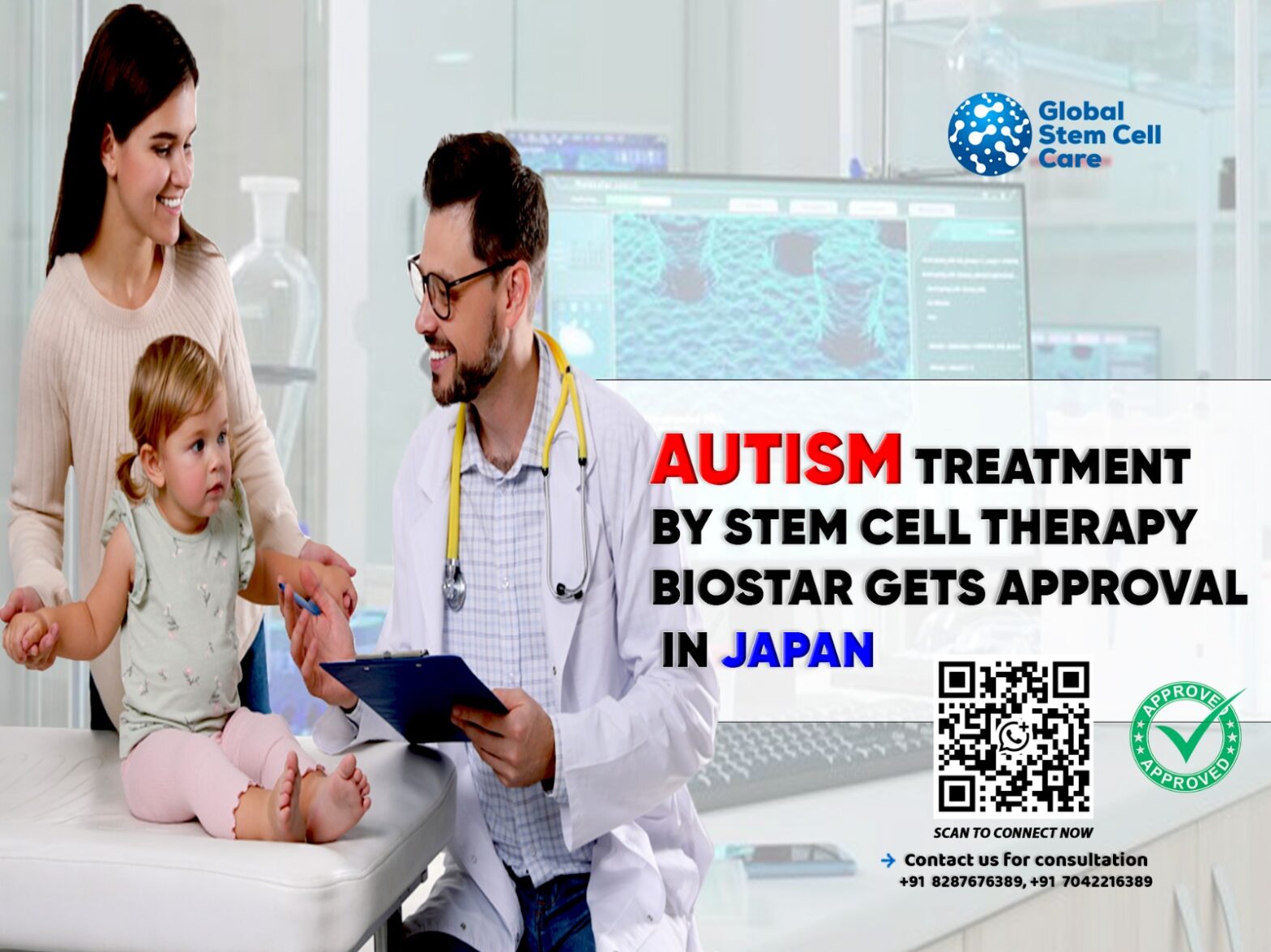It is announced on Aug 7 by Biostar, which is known as one of the leading stem cell technology companies in Korea, that Trinity Clinic in Osaka, Japan (Its collaborative hospital) has been approved by the Japanese Ministry of Health, Labour and Welfare. The approval states that Biostar can use autologous adipose-derived mesenchymal stem cells as a regenerative medicine to treat autism.
Trinity Clinic is now able to treat autism patients with regenerative medicine by employing Biostar’s autologous adipose-derived mesenchymal stem cells. The treatment, which involves intravenous stem cell injections, is intended for individuals with autism diagnoses who are 4 years of age or older. 50 million to 300 million cells are injected during each treatment, which is administered five to ten times at intervals of two to four weeks. The “SRS-2,” a common assessment instrument for autism spectrum disorders, is used to gauge safety and effectiveness three months following the last injection. (https://www.businesskorea.co.kr) 출처: Businesskorea
Albio, which sources its growth media from Nature Cell and Japan’s JASC, will deliver stem cells for the treatment of autism. With this certification, Biostar anticipates that Nature Cell’s stem cell culture medium business will grow. A research institute called Biostar was founded in collaboration with JASC in Japan, Nature Cell in South Korea, and Stemcellbio in the United States.
The institute claims that autologous adipose-derived mesenchymal stem cells support the repair of injured brain neural tissue in addition to having immunomodulatory and neuroprotective properties. The institution notes that because this treatment is based on an official treatment plan that has been approved by the Ministry of Health, Labour, and Welfare in accordance with Japan’s “Act on the Safety of Regenerative Medicine,” it has guaranteed safety and dependability.
According to Biostar, autologous adipose-derived mesenchymal stem cells have been shown to improve autism-related behaviours in animal models. Core symptoms of autism spectrum disorder, such as repetitive behaviours, social impairments, and anxiety, were markedly alleviated following stem cell treatment in a mouse model of autism caused by valproic acid. The relevant research findings have been published in the worldwide academic journal “Behavioural Brain Research,” which is included in the Science Citation Index (SCI).
It is said by Ra Jung-Chan, who is the head of Biostar, “With this approval from the Japanese Ministry of Health, many patients and families from around the world will come to Japan to receive treatment using stem cell technology from the Republic of Korea. We will collect scientific data before and after treatment to consider accelerating new drug development in the United States.”
